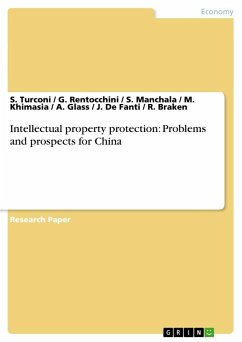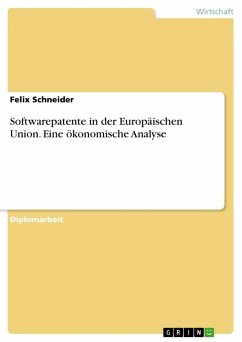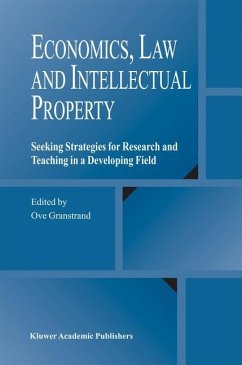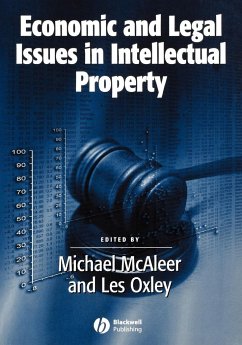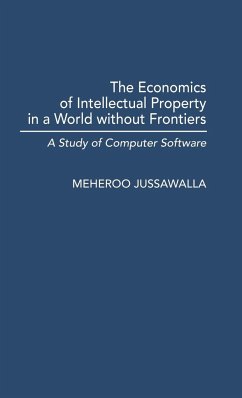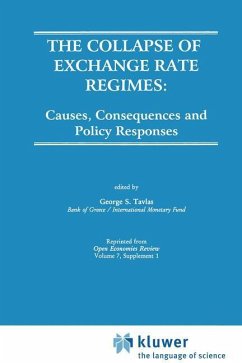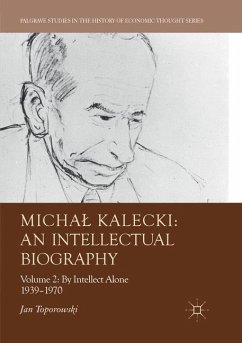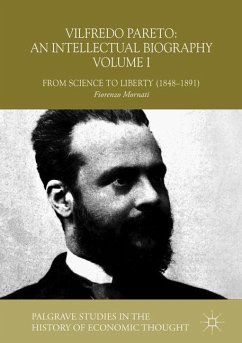
Coexisting Intellectual Property Right Regimes
The Case of Open and Closed Source Software
Versandkostenfrei!
Versandfertig in 6-10 Tagen
89,90 €
inkl. MwSt.

PAYBACK Punkte
0 °P sammeln!
This book addresses a critical issue of the digital economy: how should intellectual property rights be defined? Is the "open source" method the promising new paradigm? Or do we better rely on traditional "closed source" principles? The answer is: we need both. Open source software (OSS) is marked by free access to the software and its source code, and is developed in a public, collaborative way. The success OSS has challenged the conventional wisdom of the role of intellectual property rights. However, this new paradigm has not completely replaced its counterpart closed source software (CSS)....
This book addresses a critical issue of the digital economy: how should intellectual property rights be defined? Is the "open source" method the promising new paradigm? Or do we better rely on traditional "closed source" principles? The answer is: we need both. Open source software (OSS) is marked by free access to the software and its source code, and is developed in a public, collaborative way. The success OSS has challenged the conventional wisdom of the role of intellectual property rights. However, this new paradigm has not completely replaced its counterpart closed source software (CSS). The study shows that both principles belong to the digital economy and that the coexistence is beneficial. It first analyzes the impact of institutional and cultural factors on the world wide allocation of OSS activities. The next part presents the rationale for both intellectual property right regimes, OSS and CSS. The third part analyzes the coexistence of firms with OSS- and CSS-based business models, compares the market outcome with the welfare-optimal result and discuss possible government interventions. Finally the study analyzes the difference between OSS- and CSS-based start-ups




